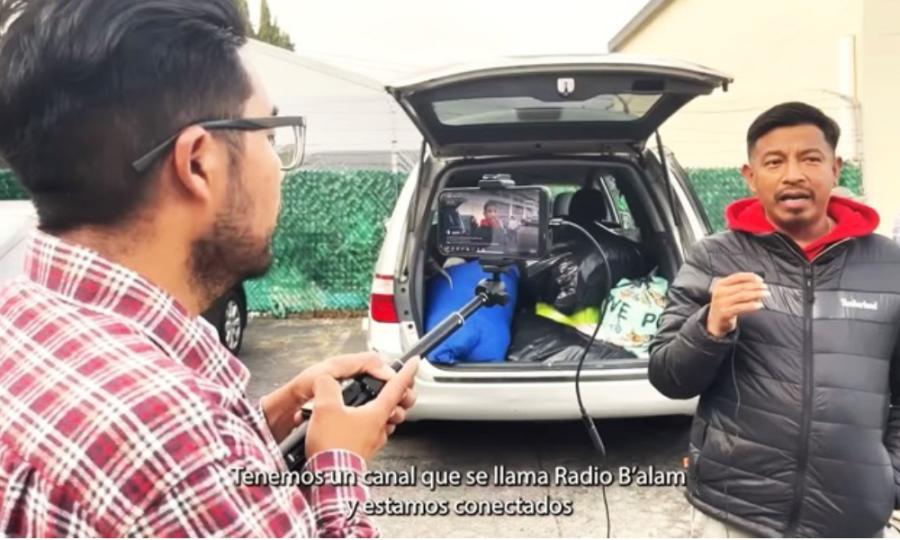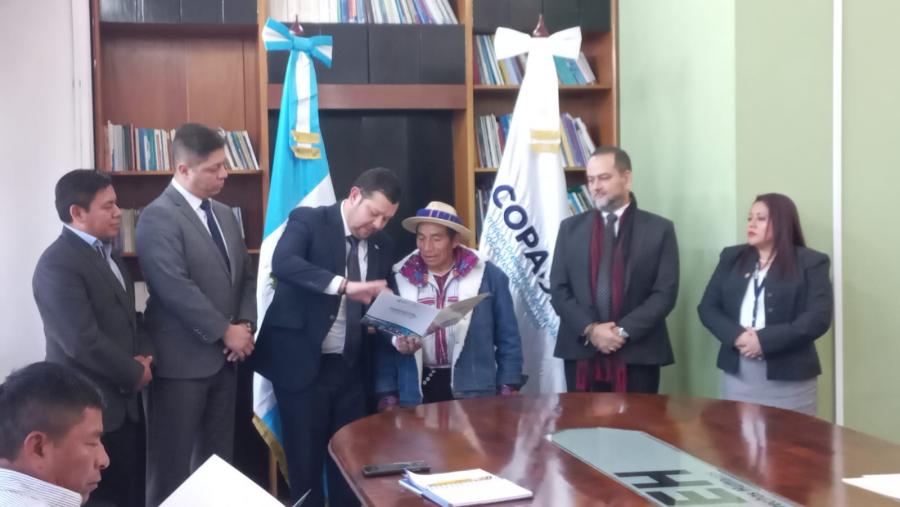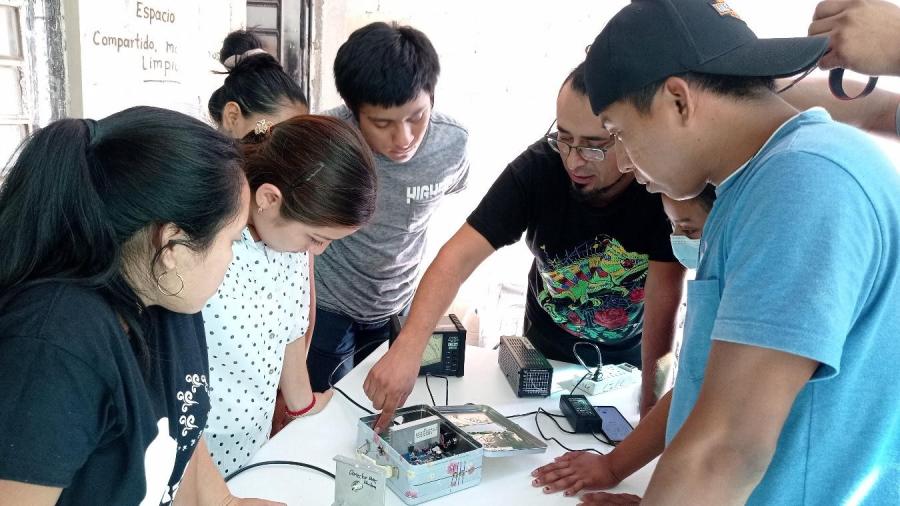For a decade, Rigoberta Menchú Tum, a K'iche' Maya woman, has lived in Mexico, one of thousands of Guatemalan refugees from the counterinsurgency terror engulfing her homeland. In 1992, her efforts to advance human rights in Guatemala gained international recognition when she was awarded the Nobel Peace Price.
On February 17, 1993, Menchú addressed the UN Commission on Human Rights in Geneva about its work during the UN International Year of the World's Indigenous People and about its role n preparing the Declaration on the Rights of Indigenous Peoples. This text is adapted from that speech.
It is gladdening that the United Nations has declared 1993 as the International Year of the World's Indigenous People. This year should promote learning about the often grave situation of indigenous peoples and encourage our participation at all levels. So, too, will State of the Peoples promote understanding and exchanges among the diverse cultures of our world.
We must not lose this historic opportunity to change the relationships among different cultures. There are still inequalities in how the problems of indigenous people are approached. Indigenous people continue to be marginalized from the fundamental decisions that affect their destiny.
There are immediate claims that merit effective responses and that must lead to concrete actions in this International Year of the World's Indigenous People.
The United Nations, through the Declaration on the Rights of Indigenous Peoples, should guarantee that the individual and collective rights of indigenous people are not violated. It should encourage its member states to permit and promote the participation of indigenous people in actively defending their own rights at the national, regional, and continental levels.
It is also necessary to grant indigenous organizations a more central place a UN forums. The United Nations should implement programs in favor of indigenous peoples and consult us about the priorities of our claims. We want UN agencies, in all their work, to provide opportunities for the contributions and participation of our people.
We want the United Nations and the international community to realize, from here onward, the facts of diversity and plurality. The United Nations should lead and we all must work toward eliminating discriminatory and racist practices, such as apartheid in South Africa, "ethnic cleansing," the upsurge of xenophobia, and the closing of borders.
The present situation in my country, Guatemala, is a case of grave and systematic violations of human rights, meriting the use of all possible mechanisms, including new ones, for procuring full respect for human rights. From this day forward, the adequate treatment of human rights in Guatemala is a debt the international community owes to the victims. Above all, it is a debt to indigenous peoples.
I am convinced that peace is more than a symbol. It is at the heart of the entire society. And I insist, once again, that symbolic acts are not sufficient for indigenous peoples. Our civil, political, economic, social, and cultural rights cannot wait any longer.
Article copyright Cultural Survival, Inc.



